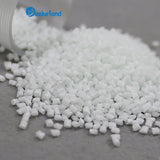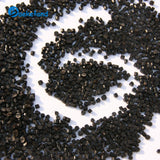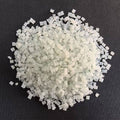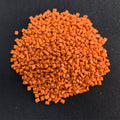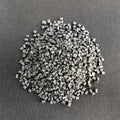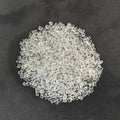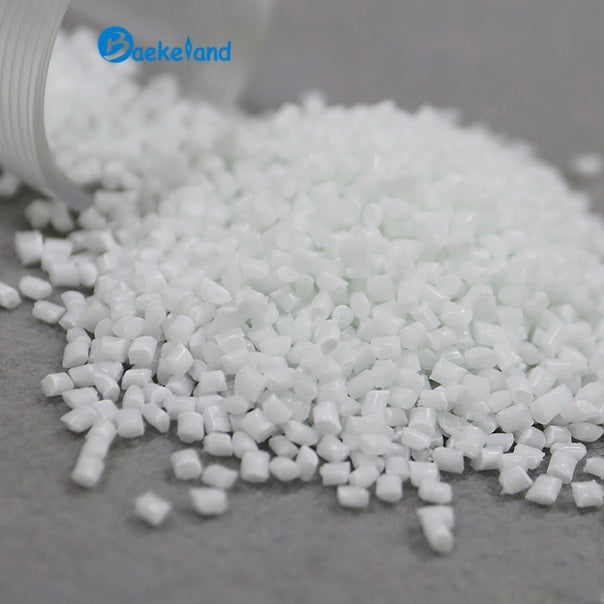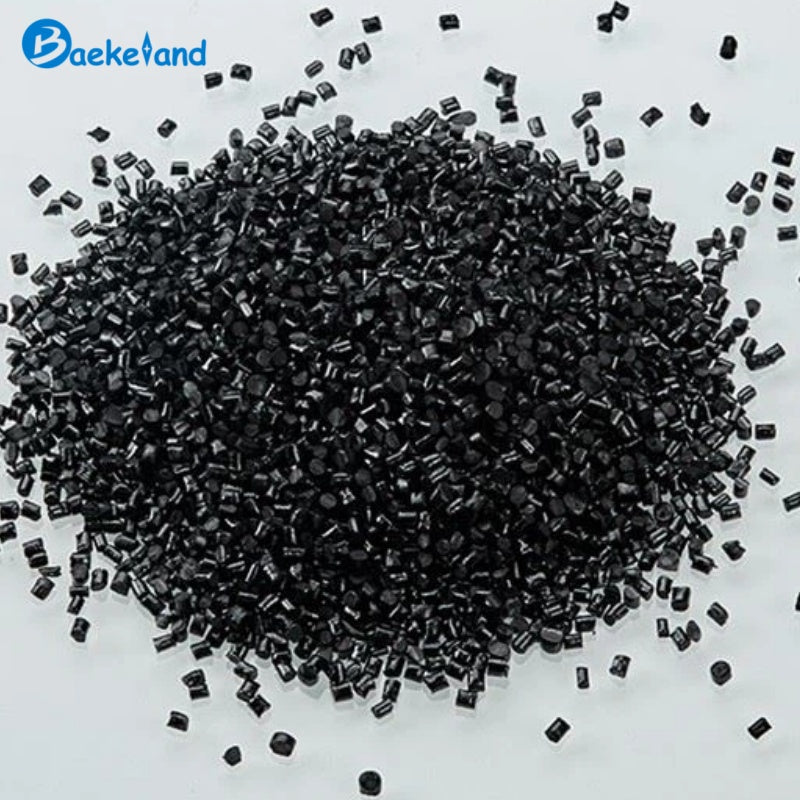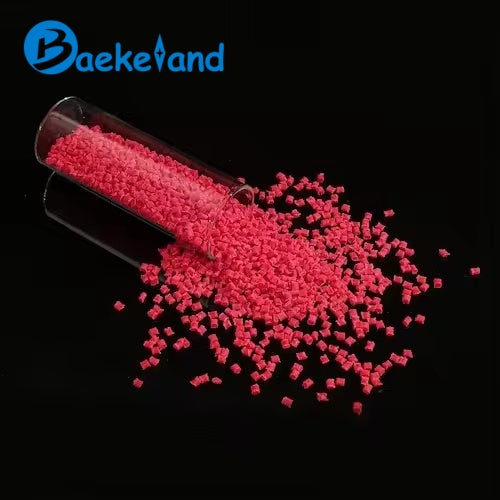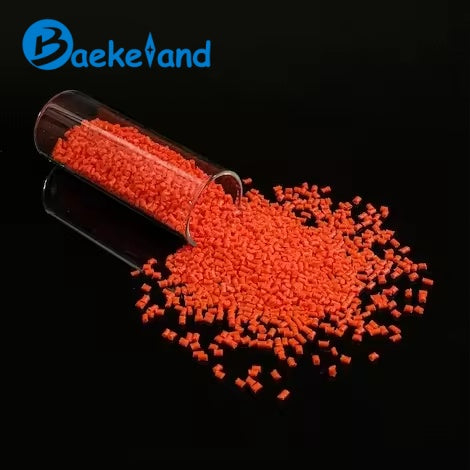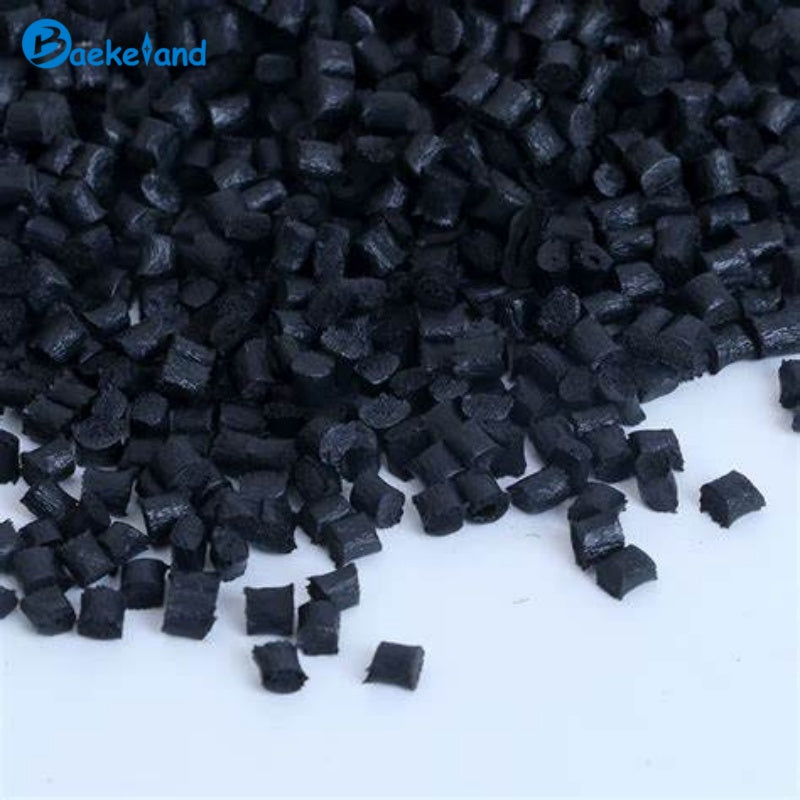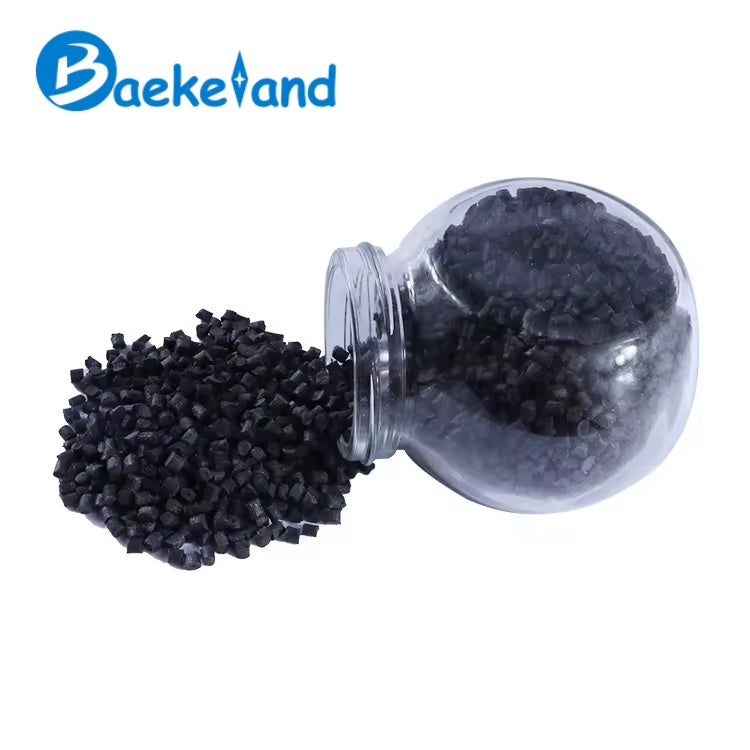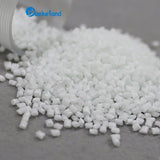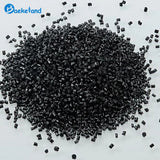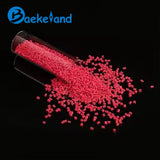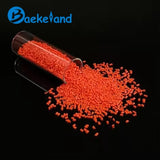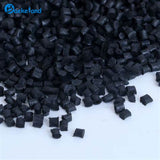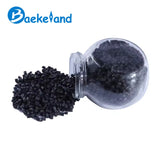25% Glass Fiber Reinforced PA6 (Nylon 6 GF25) – Engineering Plastic for Automotive Parts, Power Tools, and Industrial Housings
PA6+GF25 is a 25% glass fiber reinforced polyamide 6 (nylon 6) compound, offering a balanced combination of mechanical strength, heat resistance, and dimensional stability. This grade is widely used in injection molding applications where improved rigidity, impact resistance, and creep resistance are required compared to unreinforced PA6.
It provides good flowability, reduced warpage, and moderate shrinkage, making it a versatile engineering material across various industries.
Typical Applications(典型应用)
Automotive: Fan shrouds, valve covers, under-the-hood brackets, battery trays
Power Tools: Housings, handles, impact-resistant parts
Industrial Components: Cable glands, connector housings, bearing supports
Electrical: Switch housings, terminal blocks, motor casings
Consumer Products: Functional parts for sports equipment and furniture
Technical Properties (Typical Values)
|
Property |
Test Method |
Typical Value |
|
Tensile Strength |
ISO 527 |
140–160 MPa |
|
Flexural Modulus |
ISO 178 |
6000–7500 MPa |
|
Notched Izod Impact |
ISO 180 |
6–9 kJ/m² |
|
Heat Deflection Temp (1.8 MPa) |
ISO 75 |
200–210°C |
|
Melting Point |
DSC |
~220°C |
|
Density |
ISO 1183 |
1.38–1.42 g/cm³ |
|
Shrinkage (Flow Direction) |
ASTM D955 |
0.3–0.6% |
Note: Data may vary depending on grade (heat-stabilized, UV-resistant, etc.)
❓ FAQ – Frequently Asked Questions
Q1: What’s the difference between PA6 GF25 and GF30?
A: GF25 offers slightly better flowability and easier processing than GF30, while still maintaining strong mechanical properties for semi-structural parts.
Q2: Can this material be used in automotive engine compartments?
A: Yes, the heat-stabilized grade can endure prolonged exposure to temperatures up to 150–160°C.
Q3: Is this material available in custom colors?
A: Yes, we support color matching and custom formulations.
Q4: Is PA6 GF25 recyclable?
A: Yes, it is thermoplastic and recyclable, though mechanical properties may be affected after reprocessing.


